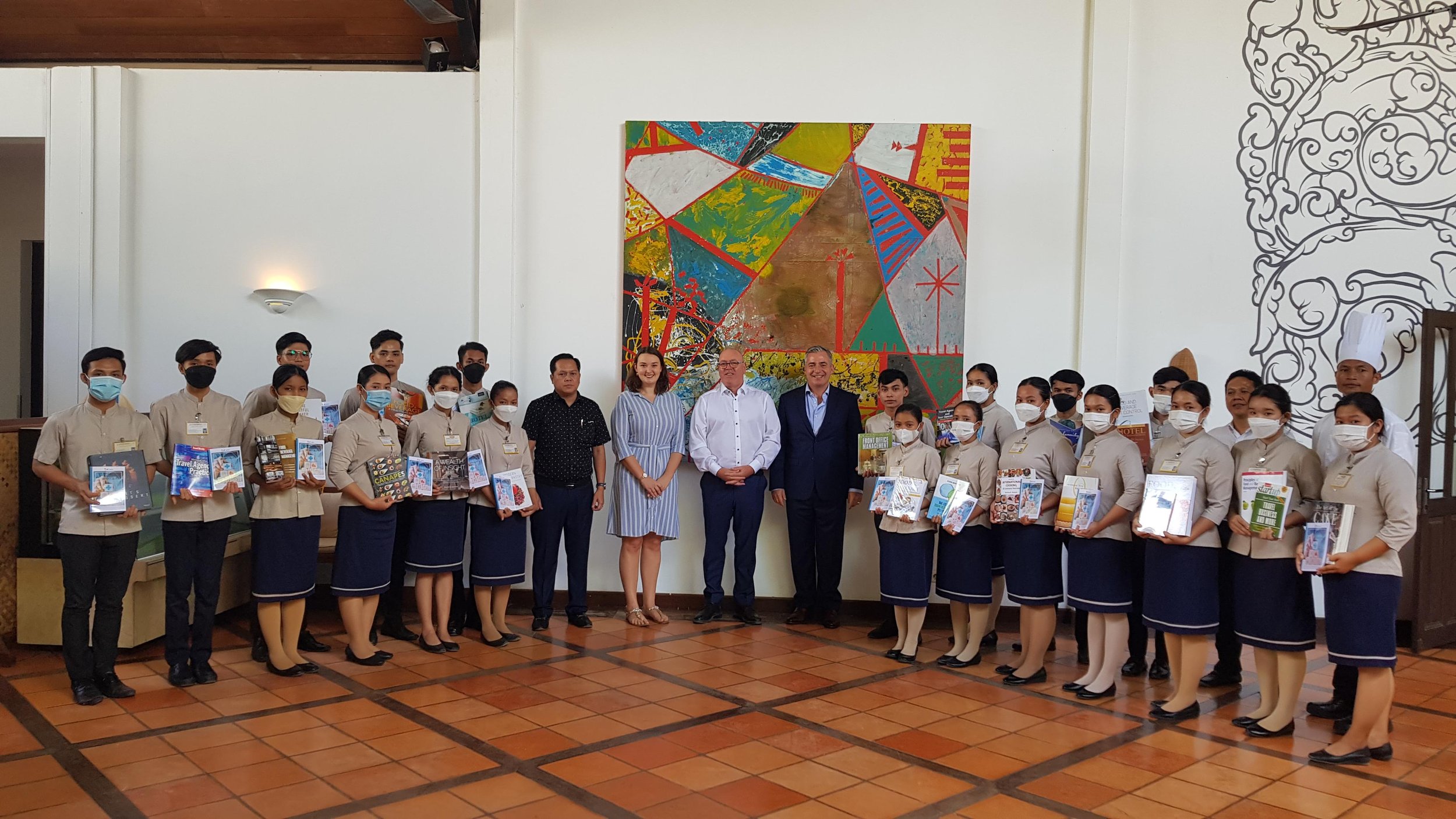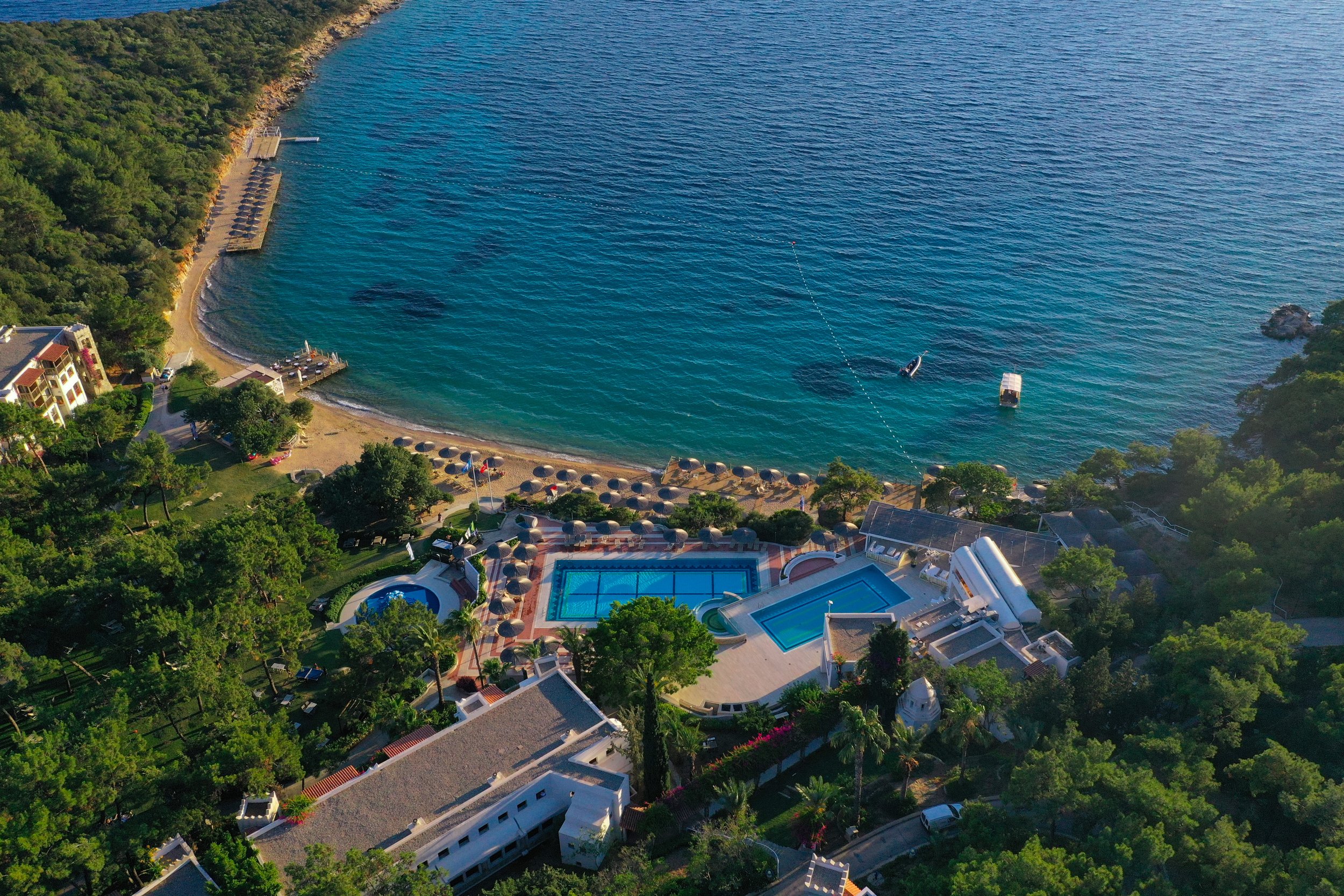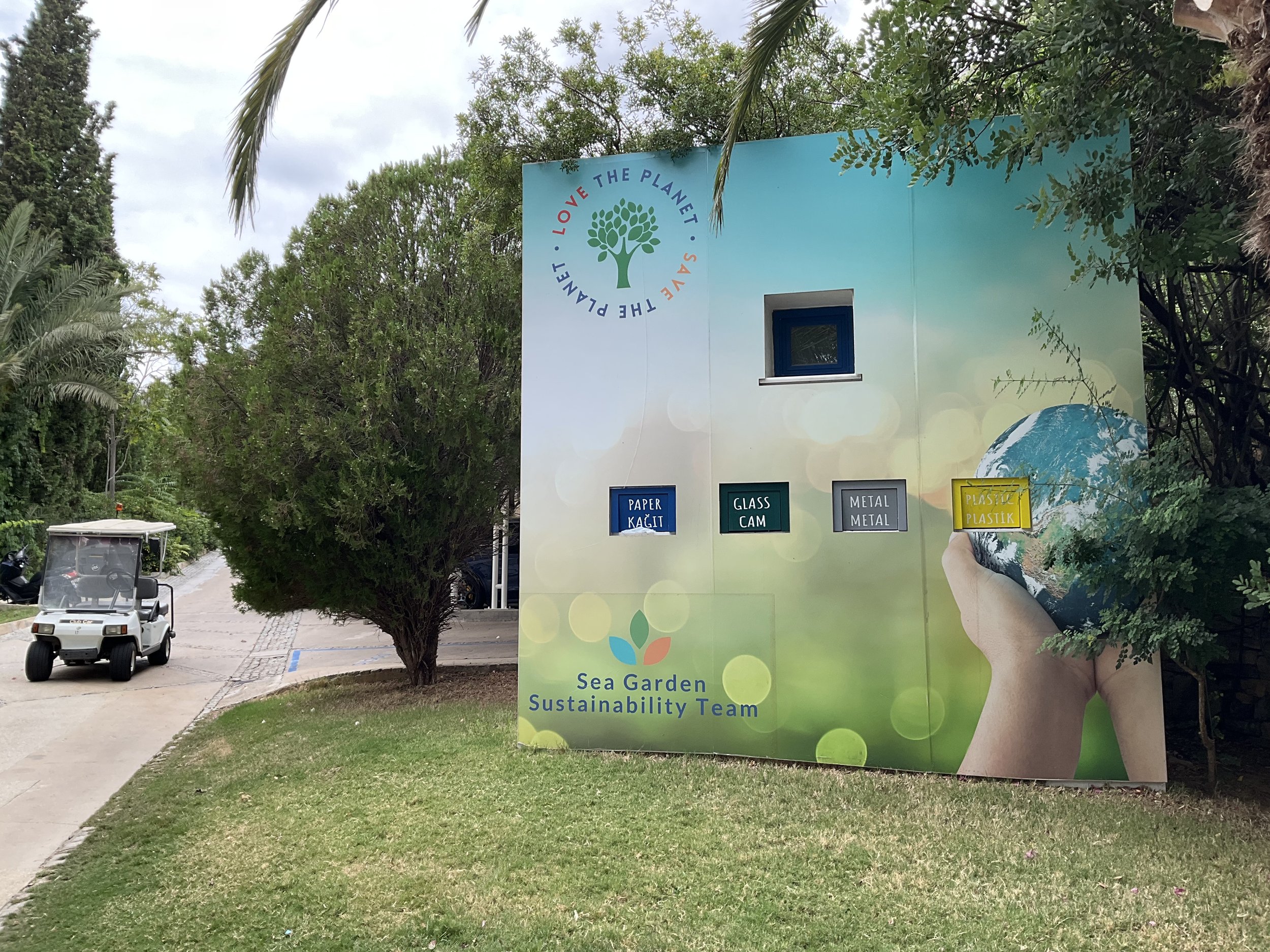On November 10th 2022, the Green Key National Jury of Trinidad and Tobago unanimously agreed to recertify two tourism establishments: Adventure Eco Villas and Shepherd’s Inn Tobago, for their second consecutive year.
© Division of Tourism, Culture, Antiquities & Transportation, Green Key certification of Shepherd’s Inn, Tobago
Each establishment proved that they maintained the Green Key standard. Not only were they able to meet the required second-year certification standards, but both establishments also exceeded the minimum required compliance with 5% guideline criteria. Owners of both establishments proved their commitment to sustainable development and their actions help to promote Trinidad and Tobago as an eco-friendly destination.
In the words of Mr Ean McKay, owner of Adventure Eco-villas:
“The team at Adventure Eco Villas on Adventure Farm and Nature Reserve in Tobago in the Caribbean are elated to be re-certified as a Green Key Facility. This further endorses all our sustainable endeavours which we will continue to share with our visitors and the wider public. Working together with nature.”
© Division of Tourism, Culture, Antiquities & Transportation, Green Key certification of Adventure Eco Villas
Moreover, because of its continuous commitment to Green Key, Shepherd’s Inn Tobago was invited to participate in a pilot programme funded by the Global Environment Facility (GEF) and facilitated by the United Nations Development Programme (UNDP) for Trinidad and Tobago, Aruba, Curaçao and Sint Maarten. Shepherd’s Inn received 26 units of R-290 air conditioning, which proved to have the lowest climate impact, and data loggers for other air conditioning units that the establishment is currently using.
Mr Anslem Simon, Project Manager for Trinidad and Tobago shared his thoughts:
“Shepherd’s Inn, Tobago, was identified as one of these pilot sites, based on the establishment’s Green Key Certification and commitment to reducing its carbon footprint. The project will collect data on energy consumption, which will then be used to show a comparison in energy usage and cost savings for the more energy-efficient R-290 ACs. The project is proud to be partnering with Shepherd’s Inn to promote a more sustainable cooling pathway for Trinidad & Tobago.”
Green Key Trinidad and Tobago continue to be a partnership between the Tobago Tourism Agency and Green T&T working together to improve its services on sustainable development.
To learn more about Adventure Eco Villas and Shepherd’s InnTobago visit their website.














